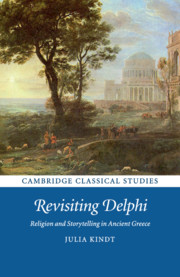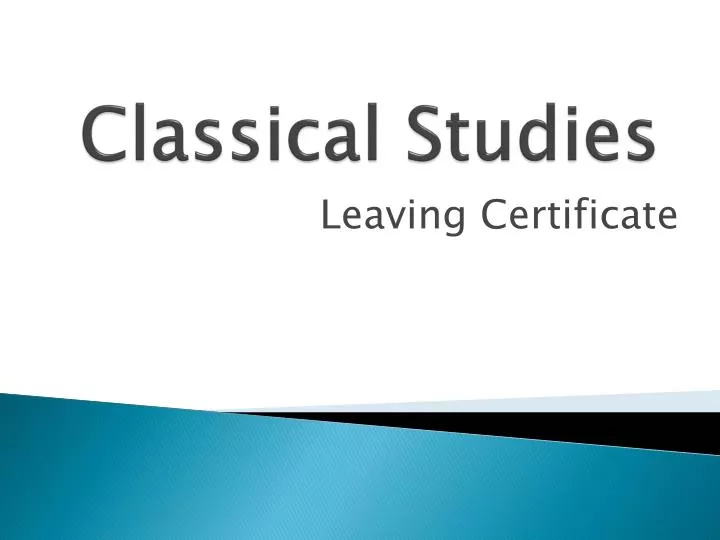
Through one-on-one advising and a vibrant research community, we help students define their interests and move toward independent scholarship. Each scholar graduating from Classical Studies has a different profile. Variety and flexibility are among the defining features of the program. It is to interpret the reality that these sources refer to: “it is this ability to interpret a document by not making it a document, but a real episode of life in the past, that ultimately makes someone a historian.” But their work is not to interpret these sources. In the words of Momigliano, historians work with sources. For Wilamowitz-Moellendorff, classical scholarship was a “science.” It should “re-create the poet’s song, the thought of the philosopher and the lawgiver, the sanctity of the temple and the feelings of the believers and the unbelievers, the bustling life of market and port, the physical appearance of land and sea, mankind at work and play.” Today, the study of antiquity is a methodologically diverse field, looking to discover the past, but also to engage with art as art, and to do philosophy with the ancient philosophers. The beginnings of this integrated approach to antiquity go back at least as far as “Altertumswissenschaft” in 19th century Germany. Students are eligible to work with the materials of Columbia’s archaeological, epigraphic, and numismatic collections, can apply to Columbia’s excavation projects, and participate in the numerous initiatives organized by the University: seminars, lectures, conferences, museum trips, and more. Unique in its scope, the Classical Studies Program provides access to the intellectual and organizational resources of the four participating Departments: Art History and Archaeology, Classics, History, and Philosophy. program in Classical Studies attracts students with a broad range of interests in all fields of ancient studies. Olcott Collection at Columbia University.2019: CAM Graduate Traveling Seminar to Egypt.2014-2019: Excavations and Research at Hadrian's Villa.2013: A Tour to Imperial Residences and Villas in Rome and Latium.Workshop in Ancient & Contemporary Philosophy.Ways of Seeing, Ways of Reading II: The Anthropology and Aesthetics of Arms and Armor.Technology and Skills Workshop II: Researching Ancient Places.Pirro Ligorio's Worlds: Antiquarianism, Classical Erudition, and the Visual Arts in the Late Renaissance.Munich New York City Workshop in Ethics.Classical Studies Dissertation Workshop.The Creation of Roman History and Epigraphy: Theodor Mommsen from 1817 to 2017.Refuge and Refugees in the Ancient World.Void and Space in the Thought of the Presocratics, Plato, and Aristotle.Virgilian Geopoetics, or the Emotional Science of Geography.Two questions about the rule of Law in Plato.Two Classic Problems in the Stoic Theory of Time.Tombs and Burial Customs in Third-Century CE Rome.The Journey of Christianity to India in Late Antiquity.



Ancient Eudaimonism and Modern Morality.


 0 kommentar(er)
0 kommentar(er)
